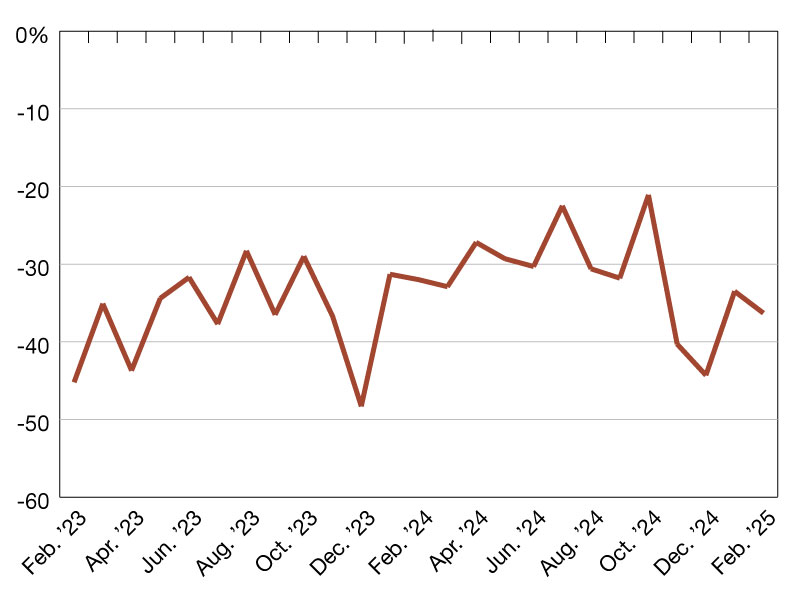How AI Will Impact the Brokerage Biz
Experts weigh in on how far AI's reach could be.

Whether or not artificial intelligence will make sweeping changes to the brokerage industry is not up for debate. Yet where and how these new technologies will make an impact is.
Without a crystal ball, it’s hard to predict which aspects of the business will be most influenced, but some experts have a pretty good idea about what the future might hold. And they’re fairly certain of the functions that AI can never assume.
Where AI can make a change
As with other industries, AI is most likely to make strides in the area of data. AI is transforming into a researcher and a search engine of its own. Ross Ford, president & CEO of TCN Worldwide, thinks that the greatest impacts the brokerage industry faces are in the ability of brokers to access knowledge and package it for their clients.
“AI is starting to be used by firms in terms of abstracting leasing and taking disparate pieces of information and bringing them together in proposals and presentations,” Ford said. “It’s the speed and efficiency.”
He anticipates that this technology will be available soon for all transactions rather than just the larger or more complicated deals. Moreover, he thinks AI will make an impact administratively.
READ ALSO: Ways to Implement AI Into Your Business
But the benefits of AI extend far beyond speed and efficiency for Susan Bloomfield, chief marketing officer with Stream Realty Partners.
“Gen AI allows for the ability to discover hidden patterns that might go unnoticed through human analysis,” Bloomfield said. “Imagine uncovering new or crucial market trends or identifying high-probability deals that would otherwise remain invisible.”
Whether it be through sorting, identifying inconsistencies, classifying, analyzing, etc., the data capabilities AI can bring will build a stronger industry, according to Kidder Mathews Executive Vice President Will Frame.
“Real estate brokers will use AI to improve efficiencies, including prospecting, research and market deliverables,” Frame explained. “However, AI will not be able to provide real-time negotiation strategies and the personal relationship that is needed to earn clients and complete transactions.”
Where AI is less helpful
There is a consensus among experts, however, that AI will not influence all aspects of the brokerage business since the human touch is the bottom line.
“AI will never be able to change the dynamic of the personal relationship and the way that brokers can ask questions and learn from their clients to put their needs into action,” Ford added. “AI will never replace that interactive knowledge seeking process.”
At the end of the day, Ford noted that the brokerage business is a sales role. It requires creativity and interpersonal relationship skills that a computer simply cannot manage. While AI won’t be able to replace the authenticity and experience of human connection, it could help.
“It can foster stronger human connections by helping brokers understand behavioral patterns by analyzing conversations and actions within CRMs, emails, and meeting recordings or notes,” Bloomfield said. “This allows brokers to personalize outreach and keep prospects and clients engaged.”







You must be logged in to post a comment.